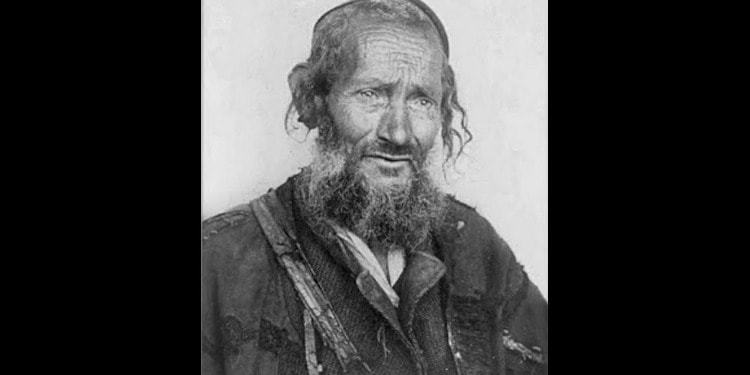The Last Rabbi of Timbuktu
Stand for Israel | November 11, 2019

In 2017, Yael traveled to Morocco, afterwards pondering the legacy left by that country’s Jewish community. That got us wondering about the Jewish history of Africa, which led us to the story of Rabbi Mordechai Abi Serour, the man shown above.
Born to a Jewish family in 1826 in the small Moroccan town of Akka, Mordechai left the village at the young age of nine in order to study Hebrew and the Bible in the city of Marrakesh. After four years there, he then traveled all the way to the Holy Land, where he studied for four years in a Jerusalem yeshiva, thus earning his rabbinical ordination. Leaving the Holy City, Rabbi Mordechai spent a year with the Jewish community of Aleppo, Syria, before making his way back to Africa.
Returning to his home continent, Rabbi Mordechai served as a rabbi in Algeria for a decade. Setting up a business in Timbuktu, Mali, the rabbi lived there for another ten years, learning the customs and trade in the area. Earning enough money to send for his family, the rabbi was joined by his brothers, which gave them a minyan of ten or more Jewish men and allowed them to found a synagogue. After locals attacked his caravans, the rabbi was then left penniless. He traveled to France, where he convinced the government to fund a new expedition to Timbuktu, both for business and research purposes.
His return to Timbuktu proved fruitful, as Rabbi Mordechai was more explorer than merchant, even discovering plant species. After his last visit to this mythical city, the rabbi settled in Algeria, where he served in a synagogue until his death in 1886.
